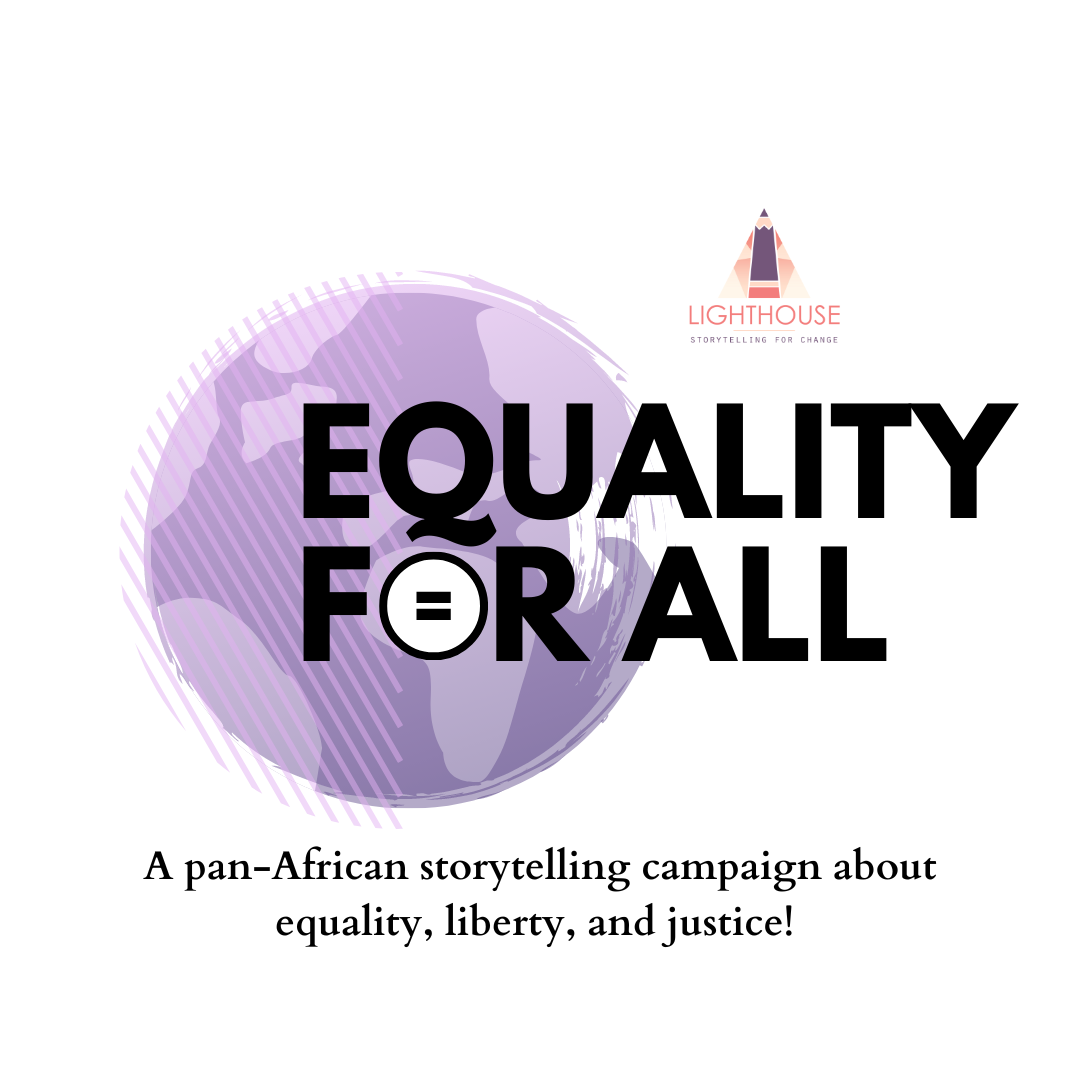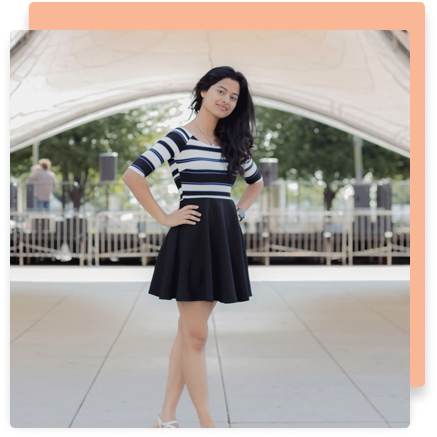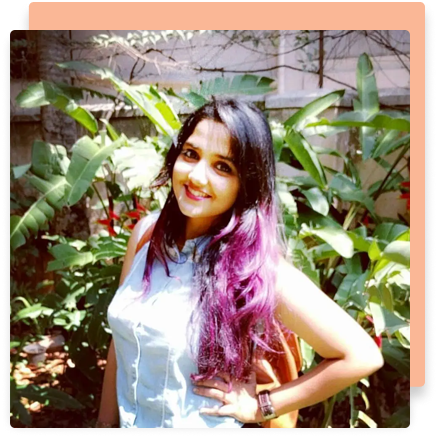Equality for All

Listen. Across markets, back alleys, community halls and living rooms from Nairobi to Lagos, people are telling themselves who they are. Equality for All was our invitation to listen more carefully. It began as a question: what happens when the people most affected by unfair laws, slow courts, unequal economies and quiet everyday exclusions are given space to tell their stories in their own language and in their own voices? The campaign grew into a living archive of testimony, witness and imagination. It is a map of justice made of sound, text, film and the rhythms of ordinary life. The work we published was never meant to lecture. It was meant to reframe. It was meant to turn data into faces, policy into pulse, and statistics into songs.
Stories do the work that reports cannot. They translate law into lives, policy into possibility. If justice is to be more than a word, we must let the people most intimate with its absence define what it looks like.
Africa is home to roughly one and a half billion people, a fact that makes the stakes of justice and equality continental in scale (Our World in Data). Seventy percent of Sub-Saharan Africa’s population is under the age of thirty, representing a powerful demographic force. Young voices are not only the future; they are the majority present (United Nations). Internet access across the continent is expanding rapidly but unevenly. While large national markets now count tens of millions of users, many rural areas remain chronically offline. Nonetheless, the use of social platforms and audio streaming continues to rise each year (DataReportal – Global Digital Insights). Most of the world’s extreme poverty is concentrated in Sub-Saharan Africa, and this economic pressure shapes how people experience justice, mobility, and voice (World Bank). Public perception also plays a critical role. Recent Afrobarometer data shows that a majority of respondents believe people are often or always treated unequally under the law, and many perceive discrimination based on economic status. These perceptions shape civic trust and the appetite for change.
Today, the impact of ‘Equality for All’ continues to grow, with stories being shared in classrooms, youth forums, and community spaces, sparking deeper conversations and inspiring collective action.
Stories of Change: Journeys Toward Justice and Equality
You only know what others show
Nubaira Ahmer Khan Pakistan You only know what others show I was sitting with my friend in the cafeteria of our university. Suddenly we saw a Chinese girl with crystal clear skin eating an oily spring roll. My friend said, in Urdu, “Look at her! How is she...
They and Them
Blessing Temi Jegede Lagos, Nigeria They and Them "Is this how I die?" Ibrahim crouched under the chair at the back of the bus, contemplating this question. He wanted to scream out "Auzubillah!" but was afraid to even breathe for fear that he would be heard. He...
What Makes Us Different?
Shranya Shrivastava India What Makes Us Different? "Are you learning this for someone?", my great-grandfather, Bade Dadu, would ask my father when he found him studying English. As if language wasn’t for understanding the world, but a friend. I was five years...
You never know
Utere Naomi Vincent Nigeria You never know Idara was at the bar, drinking away the humiliation of being sent out of her best friend’s wedding, when someone tapped her on the shoulder. She glared, turning only to find her best friend looking down at her with...
Becoming tonga
Precious Chidinma Genuine Nigeria Becoming tonga My name is Diongo, and I’m from Dante, a little village where I live with my parents and little sister, Ubibia. Life in my village is not really interesting. We don’t have any fanciful places to visit, and the...
Bridging the Gap with Humanity
Akshita Kanna United Arab Emirates Bridging the Gap with Humanity This is a story of the times when the only language of humans was kindness and honesty, when people identified each other only as humans and fellow individuals. When there were no lines of...











